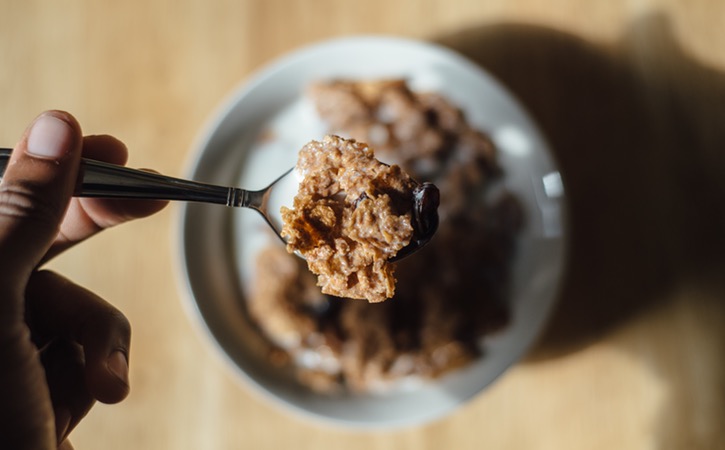Quick tips: aging & swallowing disorders

Swallowing problems are more common in the elderly
Swallowing — it sounds simple. However, it’s a complex process requiring many nerves and muscles to work in harmony. Normally, the muscles in your throat contract to move liquids and foods from your mouth to your stomach. But sometimes, liquids and food have trouble getting to your stomach causing difficulty swallowing or dysphagia. It can happen to anyone and at any age, but is more common in older adults, babies and people with neurological conditions.
There are two types of dysphagia. Oropharyngeal (high) dysphagia – the problem is with the mouth and throat and is typically results from neurological conditions. Esophageal (low) dysphagia – the problem is with the esophagus.
What causes dysphagia and who’s at risk?
Difficulty swallowing is not a primary condition, it usually occurs as a side effect from a medical condition or treatment. Here are a few causes:
- Poor eating habits — eating too fast, taking large bites or trying to eat while in bed can cause dysphagia.
- Nerve and muscle disorders — people who have Parkinson’s disease, Multiple Sclerosis or who have had a stroke. Theses disorders can cause changes in how the muscles and nerves work in your throat and neck area.
- Problems with the esophagus — conditions like acid reflux can cause scarring in the esophagus, resulting in difficulty swallowing.
- Other medical conditions — certain cancers or an enlarged heart can put pressure on the throat and neck, resulting in dysphagia.
Signs and symptoms of a swallowing disorder may include:
- Pain while swallowing
- Unable to swallow
- Feeling like food is lodged in your chest area
- Drooling
- Hoarse
- Frequent heartburn
- Unexpected weight loss
- Coughing or gagging while swallowing
Tips to making eating easier:
- Eat soft and moist foods—they are easier to swallow and cause less chance to choke.
- Avoid foods that crumble, rough grains and rice—they increase the chance for you to gag and choke.
- Avoid spicy and salty dishes—they absorb more water and cause your mouth to be dry.
- Avoid raw vegetables
- Chew sugar-free gum between meals to keep your mouth moist.
- Consume between six and eight cups of fluids each day to avoid dehydration and dry mouth.
If you or a loved one is experiencing the signs and symptoms of a swallowing disorder, talk with a doctor immediately. Early detection and treatment decreases the chances to become malnourished or developing a secondary condition or disease. People suffering from dysphagia for a long time are at risk for stroke, pneumonia and dementia.





